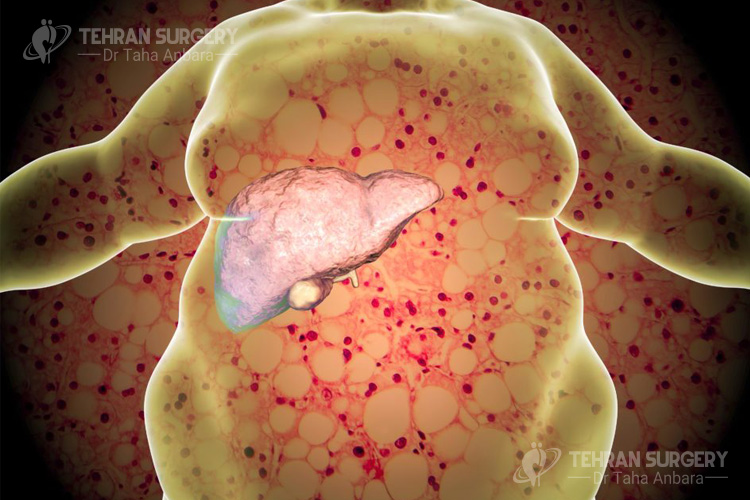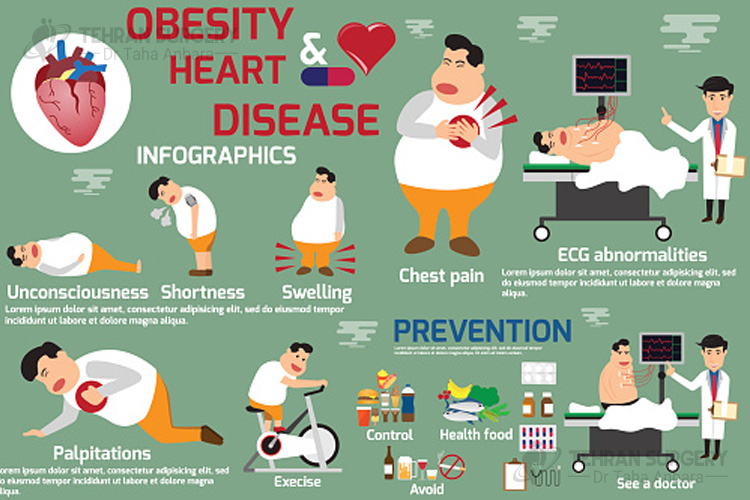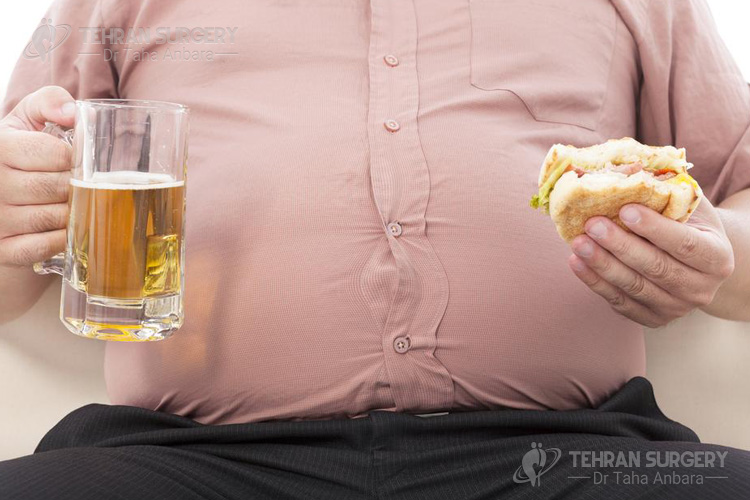
Childhood obesity
Childhood obesity is a health problem that affects some children and teenagers. In this condition, the weight of children is higher than normal for their age and high. Childhood obesity causes many problems such as diabetes, high blood pressure and high cholesterol that begin from childhood and may last until adulthood. Many obese children may have this condition until adulthood especially if one or both parents are obese. Childhood obesity can also cause low self-esteem and depression.
Read more: Diseases associated with obesity
One of the best solutions to reduce childhood obesity is improving nutrition and family exercise habits. Preventing and treating childhood obesity help your child’s health now and in the future.
Symptoms of childhood obesity
Any over-weighed child is not necessary obese. Some children have large bone. More addition, children normally have different amount of fat in different stage of their growth so it is not easy to tell whether your child’s overweight is due to a health problem or not.
The body mass index (BMI) is a statistic guideline of weight in relation to height, overweight and obesity. Your doctor can determine your child’s growth charts by this criterion and in case of need, find out whether this obesity will cause other problems or not.

What causes childhood obesity?
Children may be overweight due to different reasons that the main causes are as bellow:
- Genetic factors
- Lack of exercise
- Unhealthy food algorithms or combination of both factors
Childhood obesity due to medical condition, such as hormonal problems, is rarely occurred. It can be diagnosed by physical and blood test. Although in most cases, all family member inherits weight problems, but every child who has overweight family is not necessary obese. Children who have overweight parents and sibling are at greater risk of obesity although, obesity can be results of family behavior such as nutrition and exercise habits.
Why children and teenager get obese?
In the United states, childhood obesity is a common issue and almost one third of children and teenager are overweight or obese. As overweight children get older, they are placing at risk of developing health problems such as:
- Heart disease
- Diabetic
- High blood pressure
- High cholesterol
- Asthma
- Sleep apnea
- Some types of cancer
- liver disease and arthritis
How do we know if our children are overweight?
Children may experience different weight patterns that is a normal condition. So, it is difficult to diagnose whether or not your child is overweight. If you are worry for your child weight, you can talk with your family doctor for weight test. Your doctor can diagnose your child obesity by measuring the BMI base on your child weight and height.
There are many websites that measure adult’s BMI but you shouldn’t measure your child BMI through this way. In children BMI is categorized as a function of age and gender. BMI percentage allow doctors to compare your child growth in relation to other kids the same age, weight and gender. If your child BMI is 85 percent greater than other child with the same age, height and gender, he/she is over-weighed and if it is 95 percent, unfortunately your child is affected to obesity.
What other tests may be applied to assess obesity?
If your doctor confirm that your child overweight is related to excess of your body fat, probably apply thickness folds’ skin calculation. This test is performed by a specific device called collis to measure the fat thickness in specific parts of the body (such as around bell and back of the arm). Collis is a device that measure the distance between two sides of an object.
If there is another symptom further than overweight, your doctor should take other tests to find out what other problems may treat your child health and weight.
Does genetics play a role in my child obesity?
Genetic has an important role in childhood obesity. Children who their family are overweight are at greater risk of being obese. In most cases, genetic is associated with behavioral and surrounding factors. It means family history is as important as food habits and physical activities.
Does childhood obesity improve by growing up?
Your child obesity won’t be reducing unless help him/her to learn how to choose healthier food. According to researches, obese or overweight children, may be obese adults.
Should I put my child on a diet?
Don’t prepare food diet for your child before consulting with your doctor. Children need specific amount of calories and nutrients for growth and learning.
How can I help my obese child?
Teach your child eating healthy foods and regular physical activities is the secret of a health and normal weight. These good habits can prevent of associated health, social and emotional problems with obesity.
You can affect your child as parent or primary caregivers. Your child follows your behaviors so be a good model for them. All family members should choose healthy foods and having physical activities.

Please consider following items:
- Have healthy snakes (like fruits such as apple, banana, row vegetable like carrot and celery). Don’t bring unhealthy foods in your home.
- Low fat protein, vegetable and all grain should include in your meals.
- Avoid eating fast food. If you go to the fast food restaurant, try to choose the healthiest food.
- Limit your child’s watching TV, use of computer and X-box and play station to 1-2 hours per day. Also be a good model for your children by limiting your own screen time.
- Encourage your children to have physical activities and arrange it to be joyful. Set a regular schedule for your children for playing and physical activities at least one hour per day.
Physical activity and exercise should be a part of your lifestyle as well as Walking and bicycling.









